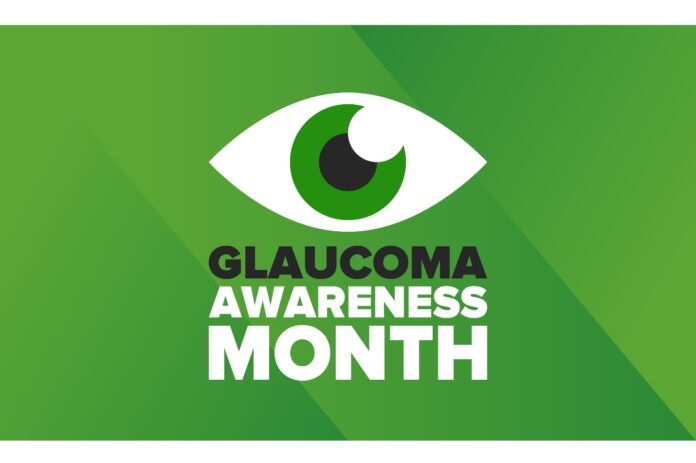A recent study published in the International Journal of Research in Medical Sciences reveals that fewer than half of adult patients attending eye clinics at Primary Health Care Corporation (PHCC) centres in Qatar are aware of glaucoma, a major cause of irreversible blindness.
To better understand the situation, researchers conducted a cross-sectional survey involving 300 adults—175 men and 125 women—who visited PHCC clinics. Using a structured questionnaire, they collected demographic data and assessed participants’ awareness and knowledge of glaucoma. As a result, the analysis showed that only 43.7% of respondents had heard of the condition.
The study, titled “Awareness and knowledge about glaucoma among patients attending the health centres related to the PHCC in Qatar”, was authored by Rime H. Alauglha and Monia S. Mechrgui. Notably, it highlights how personal connection influenced awareness. Most participants who knew about glaucoma reported learning about it through someone they knew who was affected.
However, public knowledge about the disease remains limited. Participants with university degrees reported higher awareness, with 48.1% indicating familiarity. Furthermore, women demonstrated greater awareness than men—51.6% versus 38%. Age also played a role, with individuals aged 50–60 showing the highest awareness at 50%. In addition, Arabic speakers ranked highest, with a 52.3% awareness rate.
Glaucoma, often called the “silent thief of sight,” typically progresses without symptoms until severe vision loss occurs. Therefore, regular eye exams play a key role in early detection, helping to prevent irreversible damage. Despite this, the study suggests that low awareness may hinder timely diagnosis in Qatar.
Consequently, the authors urge authorities to launch targeted public health campaigns to educate the population. These campaigns should clearly explain glaucoma’s risks, its long-term complications, and the importance of routine screenings—especially for older adults and individuals with a family history of the disease.
Moreover, the study emphasizes the importance of tailoring awareness programs to Qatar’s diverse population. By using simple language, offering multilingual content, and addressing educational disparities, public health officials can ensure that critical health messages reach every segment of society.


